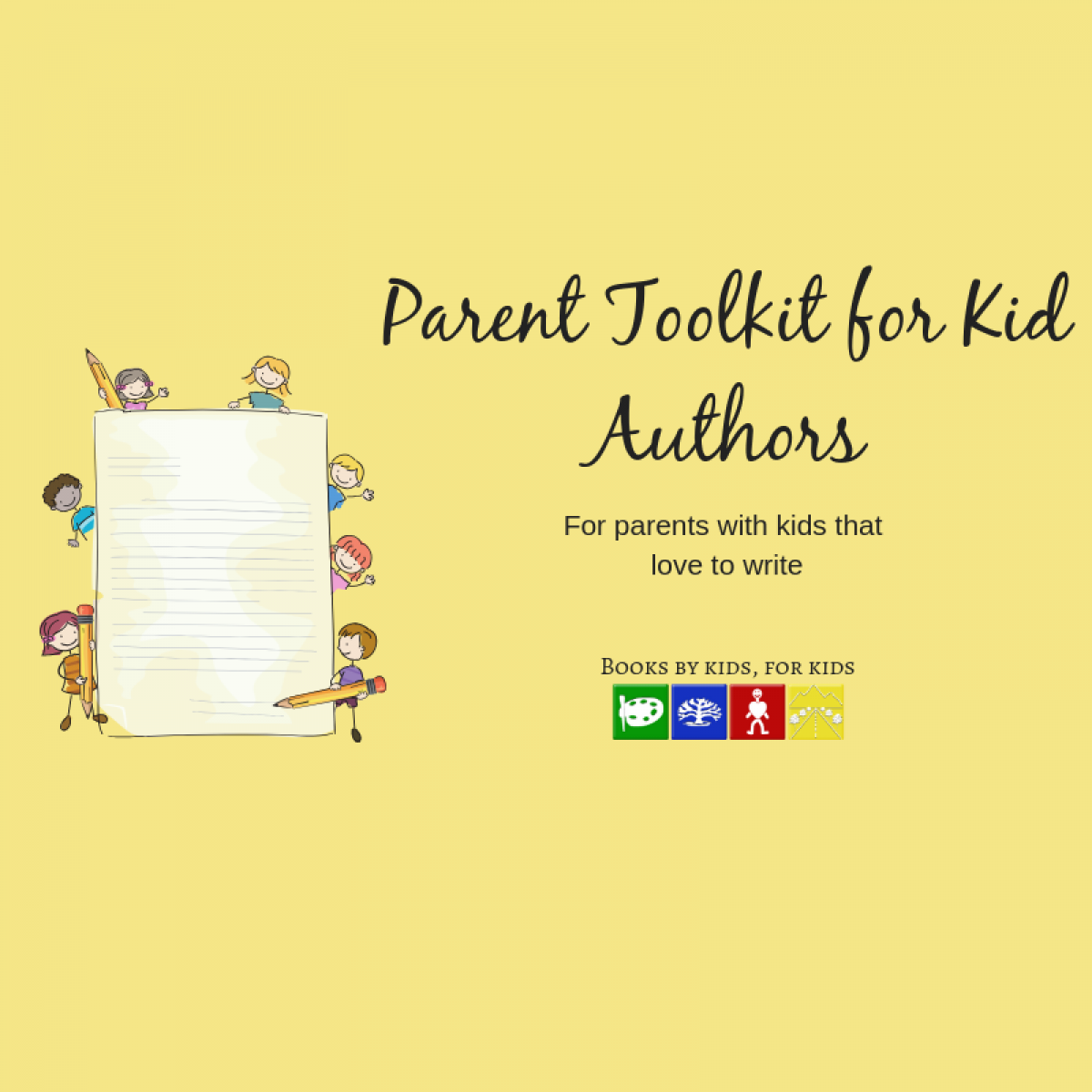Parent toolkit for Kid Authors #4: Breaking the Rules

When kids write in school, they are expected to follow a set of rules. They’ve been learning the rules for years through a systematic process of steadily adding more rules, along with an increase in expectations as to how the rules are applied.
For example, in kindergarten we want students to get used to the act of writing. We invite them to write their original ideas and encourage the accurate spelling of sight words and the sounding out of words they may not know how to spell. The point is to get the writing down on paper and not to spend too much time worrying about whether or not any given word is perfect. We want them to get excited about writing, so not a whole lot of negative feedback is given when a word is spelled incorrectly.
Yes, some schools and teachers are different. I’m making general comments here.
As young writers start to progress, they eventually are graded on whether words are spelled correctly. Later still on the correct use of punctuation, and finally on their ability to craft a well-written sentence. These have subjects and verbs, a point, they don’t run on, etc.
Kids are also taught about writing the basic five paragraph essay. They learn to look for main idea in a story. They even learn to identify the plot or the theme.
Some of this is useful. But not all of it. And most importantly, not the time it takes to get some of this done.
Usually in school there are deadlines and timelines, grades and progress reports.
I don’t do that with the the Kid Authors (KA’s) I get to work with.
I don’t bother correcting spelling, punctuation, or grammar either. I could care less about the use of too many or too few commas.
What I’m looking for is the story.
Who is this about? Do I care enough about what happens here to continue reading?
Does the energy from the story tell me the writer is excited? Does each scene help to move the story forward? Am I getting a sense of a clear idea taking shape?
Does the KA seem to have a message? Is it good always triumphs over evil? Is it better to have loved and lost than never loved at all? Or perhaps is it better to have shared a cookie than to not have one at all?
Sure, there are rules to writing and they are important. But not here.
Not in this place where creativity truly is queen and the rest of the rules come second.
So, when your KA is excited about her story, just listen to her read it to you. Let her get excited and ask her questions about the characters and what they’re doing. Tell her the parts that you get excited about and the words you’re glad she chose.
The t’s and i’s will be there for crossing and dotting later, before publication. For now, let them break the rules for the sake of getting the story down on paper. I promise, it’s totally worth it. We want this to be fun for them, and not feel like another school assignment.
Related Posts
Parent toolkit for Kid Authors #7: Publishing the book
I wish I could write that when your Kid Author (KA) writes a book all…
Parent toolkit for Kid Authors #6: Time to edit
Editing happens in phases, just like writing the book happened in phases. When I’m…


Leave A Comment